Britain is changing fast, and not necessarily for the better.

Some things are disappearing from everyday life that we quietly relied on more than we realised, and their absence is starting to show. A lot of these changes started a decade or so ago, but the impact is only really being felt today. Others are slowly receding more and more, and life in the UK is only going to get worse as a result. It’s hard to know what to do to turn things around, but it would be great if we could. We’ll miss these things when they’re gone for good, after all.
1. Local high street shops with real character
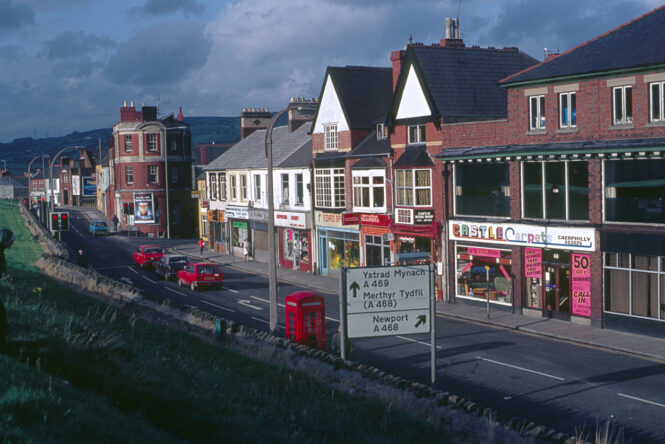
Independent butchers, greengrocers, and hardware shops used to be staples of every British town. Now, they’re vanishing in favour of chain convenience stores or completely vacant storefronts. These places offered more than just products. They were part of the social fabric, where the staff actually knew your name.
As rents climb and footfall drops, many of these businesses can’t compete with online giants. It’s not just the loss of variety or quirkiness; it’s the slow erosion of community connection. What’s replacing them often feels impersonal, and frankly, a bit bleak.
2. Public spaces that don’t cost money to enjoy

Free-entry museums, community centres, and quiet local parks are slowly being replaced with ticketed experiences or closed altogether due to funding cuts. And while there’s still beauty in British outdoor spaces, many have become harder to access or less maintained.
For families, students, or anyone on a tight budget, these spots were lifelines. Losing them means fewer options for connection, reflection, or low-pressure downtime, and that hits harder than we often admit.
3. Local buses that actually run on time (or at all)
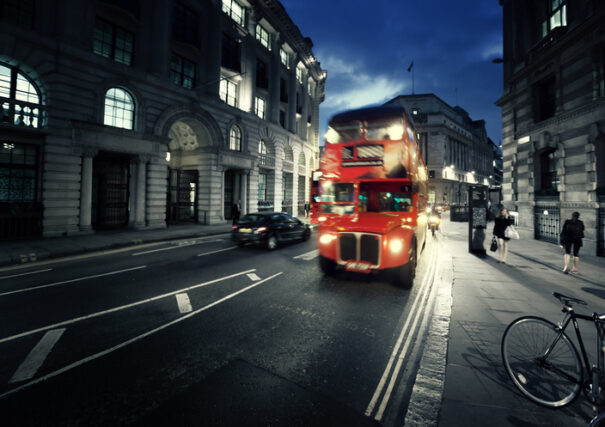
Outside of major cities, public transport is becoming patchy at best. Entire communities are being left without reliable bus services, and trains are getting more expensive and less dependable. For people without a car, it’s isolating, plain and simple.
The impact goes beyond inconvenience. It limits access to work, healthcare, and social lives. What used to be a basic part of daily routine is now something people plan around or just give up on altogether.
4. Human customer service that doesn’t feel robotic

It’s not just you—it’s getting harder to speak to a real person. Whether you’re calling your GP, bank, or internet provider, the loop of automated voices and unhelpful chatbots has replaced genuine human interaction. That personal touch is slipping away fast.
This isn’t about being old-fashioned; it’s about basic clarity, empathy, and resolution. Automated help can’t read tone, solve nuanced problems, or reassure you when something goes wrong. And when everything feels like a battle, it’s exhausting.
5. Affordable pubs that welcome everyone
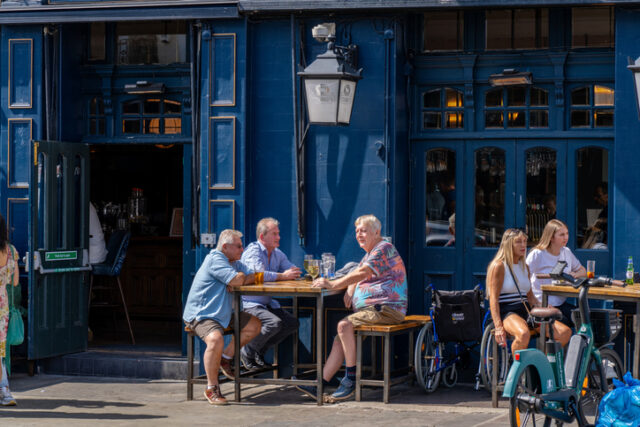
The traditional British pub is struggling. Sky-high pints, rising rents, and closures have turned what was once a universal social space into something more exclusive or non-existent. For many, especially older people or rural communities, it was a hub of connection and routine.
Now, pubs are often replaced by trendy bars or boarded-up buildings. The cost of a casual pint and chat is becoming a luxury, not a norm, and with it goes a bit of British heart and soul. It’s not just the beer we’re missing; it’s the belonging.
6. In-person GP appointments that are easy to book

Getting to see your doctor used to feel straightforward. Now, it often involves long phone queues, digital forms, and a bit of luck. Many people are giving up altogether or turning to urgent care for things that used to be sorted out quickly in person.
Remote care has its place, but for many, especially older or vulnerable patients, it just doesn’t cut it. This shift has quietly made healthcare feel less accessible, and more like something you have to “work around” rather than trust fully.
7. Local news that actually covers local issues

Regional newspapers and community radio stations are being squeezed out by social media and national outlets. The result? Fewer updates on the issues that directly impact people, such as planning permissions, school changes, or council budgets.
Without that local coverage, it’s harder to stay informed or hold power to account. We’re left relying on word of mouth or vague Facebook posts, and something about that just doesn’t sit right when decisions are being made without us knowing.
8. Affordable rental homes with decent landlords
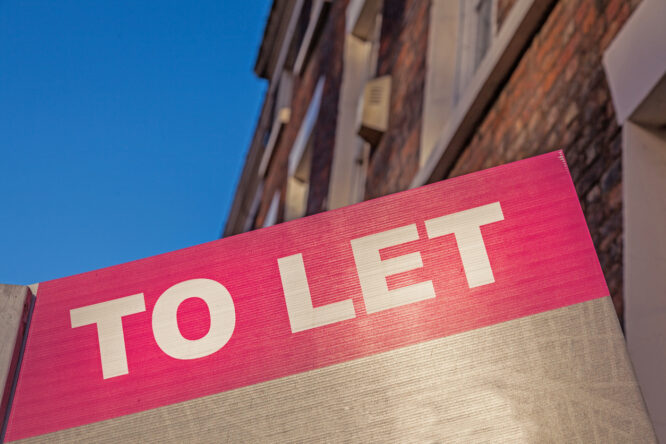
The rental market has become a minefield. Prices are up, options are down, and getting a secure, liveable flat feels increasingly out of reach. Long-term renters are competing with holiday lets and investor-owned properties, and many are stuck in poor conditions with no real power.
Decent landlords used to be the norm, not the exception. Now, renters are navigating a system where stability is scarce, inspections are rare, and rights feel like a guessing game. It’s not just stressful, it’s unsustainable.
9. Schools that aren’t stretched to the limit

Teachers are burnt out, class sizes are climbing, and support services are disappearing. What used to be a solid part of Britain’s infrastructure—a school with time, staff, and attention—is now something parents hope for rather than expect.
Education has become a postcode lottery. And while the system still has brilliant people doing their best, they’re being asked to work miracles with fewer resources every year. It’s students who lose out in the end, especially those who need more than just the basics.
10. The feeling that public services are actually working
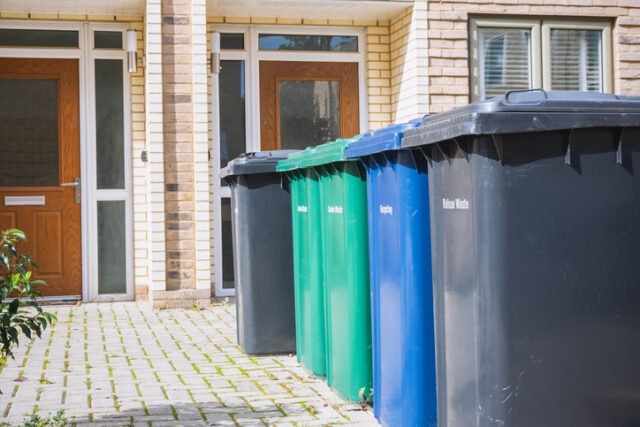
Post offices, bin collection, NHS waiting times—these aren’t flashy issues, but they’re the backbone of everyday life. And right now, that backbone feels shaky. Things that used to “just work” now come with stress, delays, or added costs.
It’s easy to joke about British bureaucracy, but the slow breakdown of services people rely on creates real frustration and fatigue. There’s a quiet sense that we’re paying more for less, and nobody’s quite sure how to fix it.




